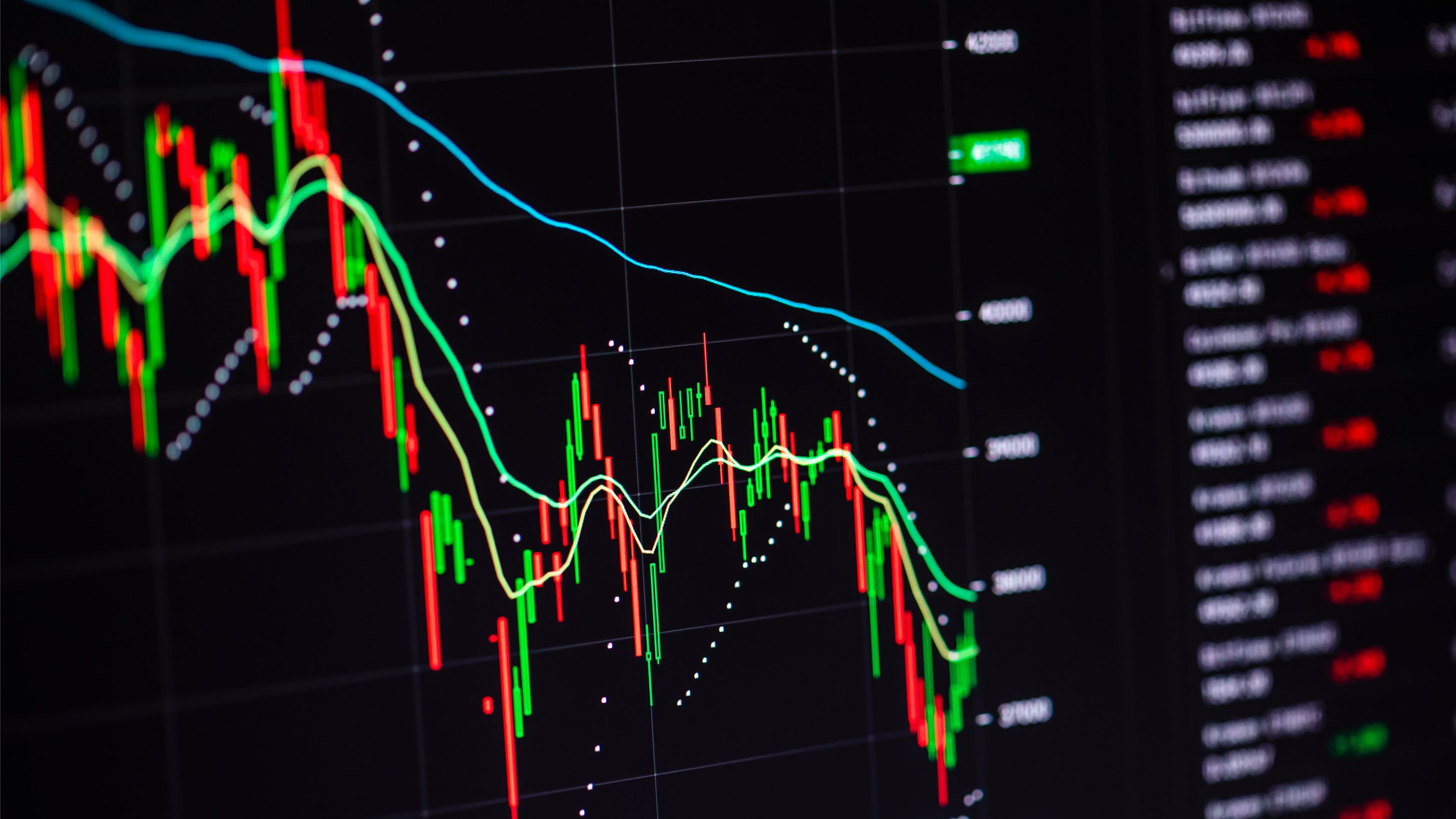What is CPI, and why is it important?






Key Takeaways:
- Consumer Price Index (CPI) is a crucial economic indicator that measures the changes in the average prices consumers pay for goods and services over a specific period
- CPI serves as a key tool for policymakers, economists, and investors to assess inflation and make informed decisions
- The CPI basket is composed of a diverse range of goods and services, including food and beverages, housing, and transportation, among others
- CPI involves collecting price data for a basket of goods and services that represent the average consumption patterns of a typical urban consumer
Consumer Price Index (CPI) is a crucial economic indicator that measures the changes in the average prices consumers pay for goods and services over a specific period. It is a key tool for policymakers, economists, and investors to assess inflation and make informed decisions. Understanding CPI is essential as it provides valuable insights into the purchasing power of consumers, inflation rates, and overall economic health. This article will delve into what CPI is, how it is calculated, and why it plays a vital role in shaping monetary policies and investment strategies. Join us as we explore the significance of CPI and its impact on our daily lives.
What is CPI

CPI, or the Consumer Price Index, is a widely used measure of inflation that tracks the average change over time in prices that consumers pay for a basket of goods and services. This important economic indicator helps policymakers, businesses, and economists understand how prices affect consumers' purchasing power. The CPI represents the cost of living for the average household and is used to adjust wages, pensions, and government benefits to ensure they keep pace with inflation. By analyzing the CPI, we can gain insight into the economy's overall health and make informed decisions about managing personal finances or implementing monetary policies. In essence, the CPI provides valuable information on how the prices of goods and services impact our everyday lives.
Components of CPI Basket

The CPI basket comprises a diverse range of goods and services, including food and beverages, housing, and transportation. Including these parameters in the CPI basket is essential as they are key components of everyday household expenses. Food and beverages represent a significant portion of the average consumer's budget, reflecting the fluctuating prices of essential items such as groceries and dining out. Housing costs, including rent, utilities, and maintenance, are vital in determining overall inflation rates. Moreover, transportation expenses, such as fuel, public transportation, and vehicle maintenance, give insight into the impact of rising prices on consumers' mobility and commuting.
How is CPI Calculated?
Calculating the CPI involves collecting price data for a basket of goods and services that represent the average consumption patterns of a typical urban consumer. This basket includes food, housing, transportation, and healthcare items. The prices of these items are then weighted based on their importance in the average consumer's budget. By tracking changes in the price of this basket over time, economists can determine the rate of inflation or deflation in the economy. The CPI is calculated every month by comparing the current price of the basket to a base period price, which is usually set at an index of 100. This allows for easy comparison of price changes over time and provides valuable insights into the purchasing power of consumer.
What the CPI Means for Investors

For investors, the CPI is a crucial tool for understanding inflation trends and making informed portfolio decisions. A rising CPI can indicate increasing inflation, eroding the actual value of investments, particularly fixed-income assets like bonds. On the other hand, a declining CPI may signal deflation, which can have its own set of challenges for investors. Investors can adjust their strategies accordingly to protect and grow their wealth in a changing economic environment by keeping a close eye on the CPI and its trends.
Conclusion
In conclusion, the Consumer Price Index (CPI) serves as a crucial economic indicator that measures the average change over time in the prices paid by urban consumers for a market basket of goods and services. This index is vital in helping policymakers, economists, and businesses gauge inflation rates, track changes in the cost of living, and adjust policies and strategies accordingly. By tracking CPI trends, stakeholders can make informed decisions regarding budgeting, wage adjustments, and investment strategies. Overall, understanding CPI and its significance is essential for grasping the economy's overall health and making sound financial choices.

Looking to grow your wealth through social trading? Look no further than Pocket Trader! With Pocket Trader, you can connect with other traders, learn from experienced investors, and share your own insights with the community! Trade wiser now.


